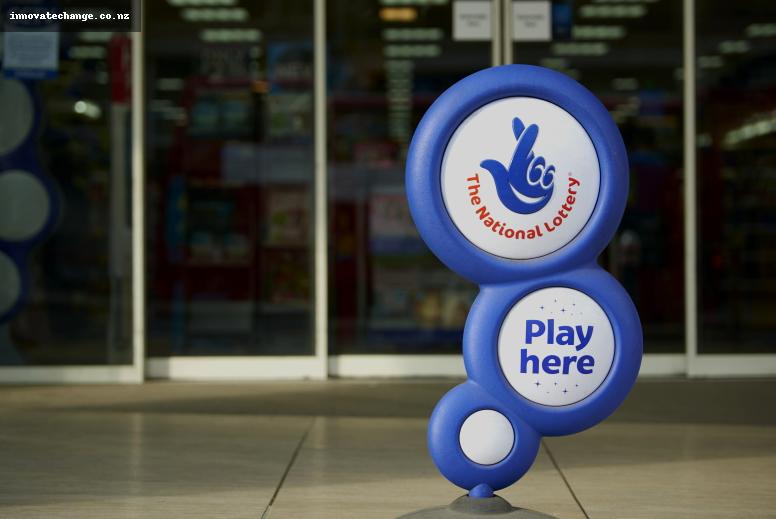If the operator, formerly known as the Sazka Group, finalizes its agreement with the regulator, it will operate the lottery for 10 years, starting in February 2024. Camelot, which has run the lottery since its inception in 1994, was named the reserve applicant and would continue in its role should the Gambling Commission fail to finalize a deal with Allwyn. Allwyn’s selection follows a competitive tender process that also involved The New Lottery Company, owned by Health Lottery operator Northern and Shell, and Italy’s Sisal, as well as Camelot.
Reports last month claimed that the regulator had already decided on Camelot, but the Commission quickly dismissed the claims as “inaccurate”. Gambling Commission chief executive Andrew Rhodes said the number of bidders was evidence that the tender process had been well run. “In its lifetime, the National Lottery has raised more than £45bn for good causes and is rightly seen as a great national asset,” Rhodes said. “Our priority was to run a competition that would attract a strong field of candidates. Having received the most applications since 1994, it is clear that we’ve achieved just that.
“I am confident that the success of the competition will lead to a highly successful fourth licence – one that maximizes returns to good causes, promotes innovation, delivers against our statutory duties, and ultimately protects the unique status of the National Lottery.” John Tanner, Gambling Commission executive director and senior responsible owner for the licence competition, said all four bids were impressive. The regulator also noted that all four businesses were considered “fit and proper” to run the lottery.
“The Commission is grateful to all four applicants for their engagement in the competition. We were impressed by the overall standard of applications, including the range and quality of innovation proposed and the high level of confidence and ambition demonstrated for the prospects of the National Lottery under the fourth licence,” Tanner said.
Allwyn, the Gambling Commission noted, had committed to investing in the lottery, which would deliver growth and innovation across its products and channels. This, in turn, would increase contributions to good causes, the regulator said. “We welcome today’s statement by the Gambling Commission that we have been selected as the preferred applicant for the fourth National Lottery licence,” Allwyn said. “Our proposal was judged to be the best way of growing returns to good causes by revitalizing the National Lottery in a safe and sustainable way.
“The appointment of Allwyn will breathe fresh life into the National Lottery. In Allwyn, the Gambling Commission has selected a strong team with an impressive track record of improving lotteries. We will immediately work to deliver our comprehensive transition plan and look forward to transforming the National Lottery, making it better for everyone.”
With the preferred applicant selected, a “legal standstill period” now begins. In this period, all applicants may “consider the outcome of the competition and feedback on their application” before the Commission enters into a legal agreement with Allwyn. When this agreement is signed, Allwyn will be considered the “incoming licensee” and the implementation period for the new licence will begin.
Camelot chief executive Nigel Railton said he was disappointed by the decision to select Allwyn, but that his business would continue to work on delivering a strong product and raising money for good causes until the third licence expires. “I’m incredibly disappointed by today’s announcement, but we still have a critical job to do – as our current licence runs until February 2024,” he said. “We’re now carefully reviewing the Gambling Commission’s evaluation before deciding on our next steps.
“I’m enormously grateful to our 1,000-plus employees who have been unwavering in delivering record-breaking results during the current licence. And I know they remain absolutely determined to build on our four and a half years of successive sales growth – which has seen us achieve record sales in each of the last two years, resulting in the best-ever returns to good causes from ticket sales last year.”
Besides the new operator, the fourth National Lottery licence brings with it certain changes, including a new incentives model intended to ensure that the licensee’s profits are better aligned with the amount raised for good causes. In addition, the new licensee will have more “flexibility” to adapt its offerings if technology, regulation, and consumer preferences change. The previous licence, held by Camelot, was initially set to expire in August 2023, but this was pushed back by six months last year.
David Craven was the chief executive for Allwyn’s bid, working alongside bid chair Sir Keith Mills. Gambling harm expert Dr. Mark Griffiths also sat on the advisory board for the bid.
